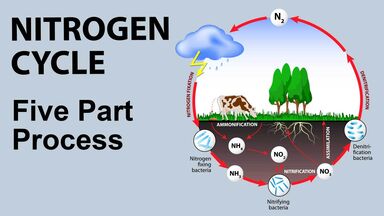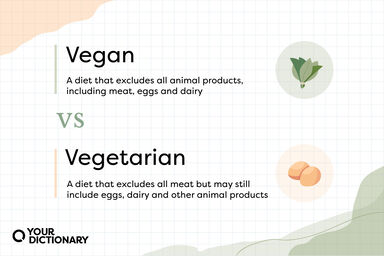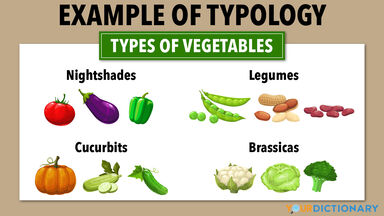Legume Definition
lĕgyo͝om, lə-gyo͝om
legumes
noun
legumes
A plant of the pea family.
American Heritage
Any of an order (Fabales) of dicotyledonous herbs, shrubs, and trees, including the peas, beans, mimosas, and the Kentucky coffee tree, with usually compound leaves, flowers having a single carpel, and fruit that is a dry pod splitting along two sutures: many legumes are nitrogen-fixing and often are used as green manure and for forage.
Webster's New World
A pod of such a plant, which splits into two valves with the seeds attached to one edge of the valves.
American Heritage
The pod or seed of some members of this order, used for food.
Webster's New World
Other Word Forms of Legume
Noun
Singular:
legumePlural:
legumesLegume Is Also Mentioned In
Find Similar Words
Find similar words to legume using the buttons below.





